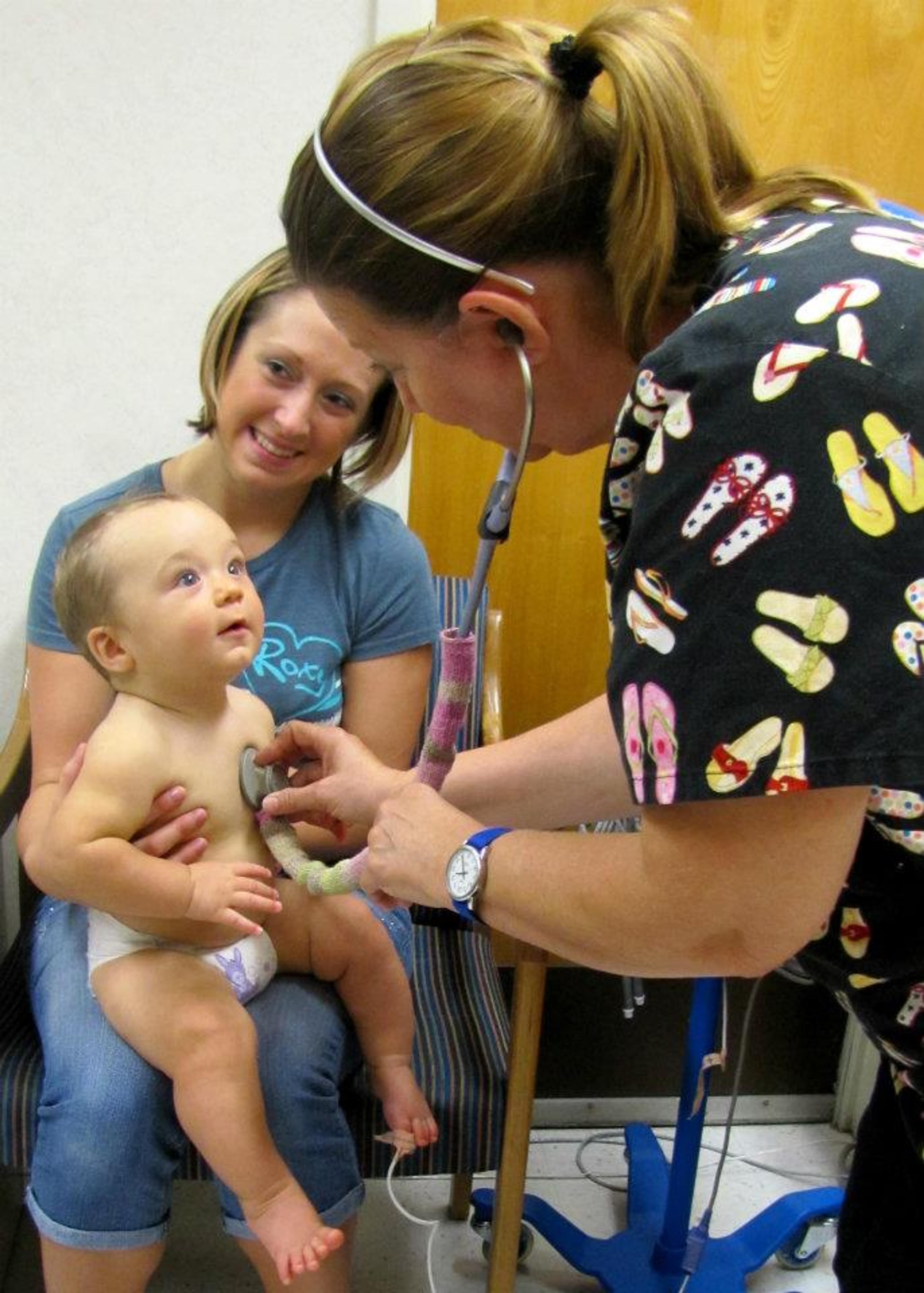Patient-Centered Medical Home: Funny Name, Great Concept
bcbsm
| 2 min read

There's a lot of buzz lately about "Patient-Centered Medical Homes." Research has come out that shows this model of care reduces costs, decreases the rate of serious illness, reduces hospital readmissions, and narrows health care gaps that exist across socioeconomic status. And that's just the tip of the iceberg. The benefits of patient-centered care run deeper than just the numbers; it's fundamentally changing the way patients receive health care. So what's a “patient-centered medical home,” and how is it different? At Blue Cross Blue Shield of Michigan, patient-centered medical home is a designation. To earn a PCMH designation, doctors change their processes and procedures so they can be completely focused on the most important part of your health care: you. A PCMH doctor leads a team that coordinates your care across the entire health care spectrum, for whatever you need. Sometimes all you need is a throat culture and some medication. Other times, you may need more - maybe a referral to a specialist, lab tests, x-rays or nutrition counseling. Your team knows you. They coordinate your medical records, track your progress, monitor your test results and guide you to a healthier lifestyle. They may even call just to check up on you, especially if you have a chronic condition, such as asthma or diabetes. Your medical home also offers extended office hours and 24-hour telephone access, so you don’t have to guess whether that pain in the middle of the night requires a visit to the emergency room. That can save you valuable time and prevent extra expenses. To learn more about patient-centered medical homes, watch this introductory video or visit valuepartnerships.com. The full list of doctors who received the Blues’ PCMH designation is available here. You can also read more about PCMH in these blogs:





